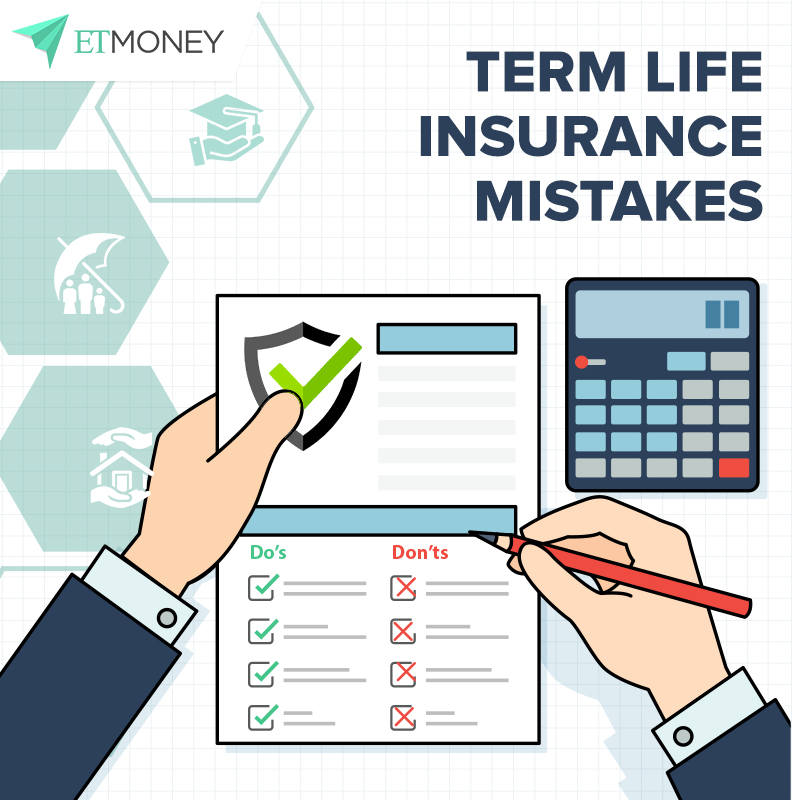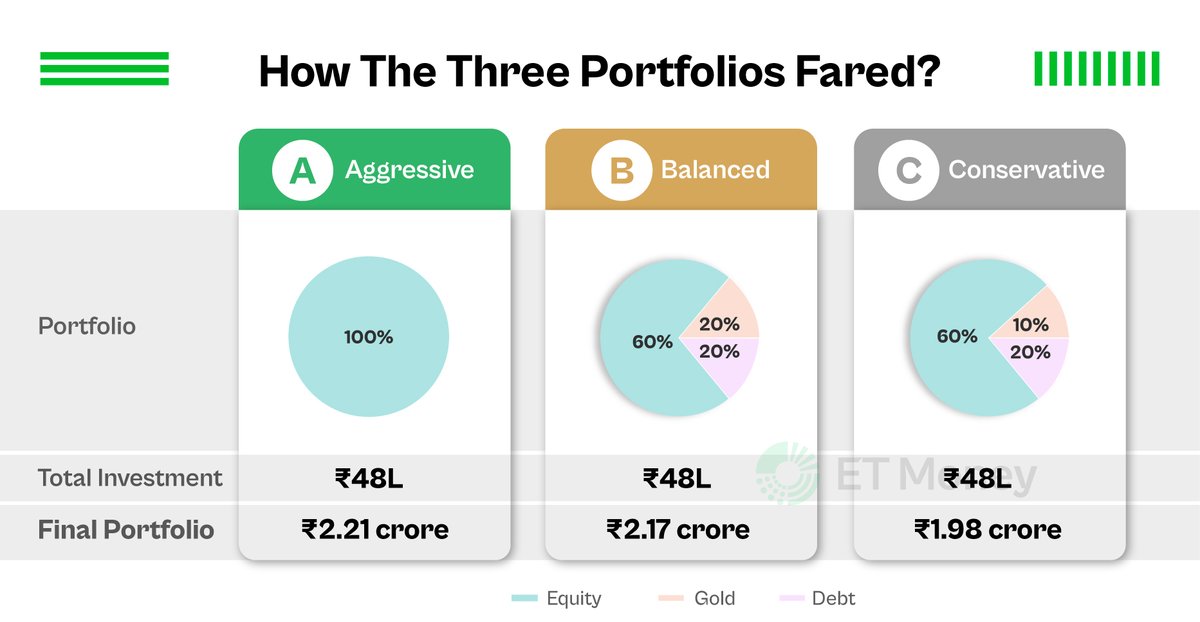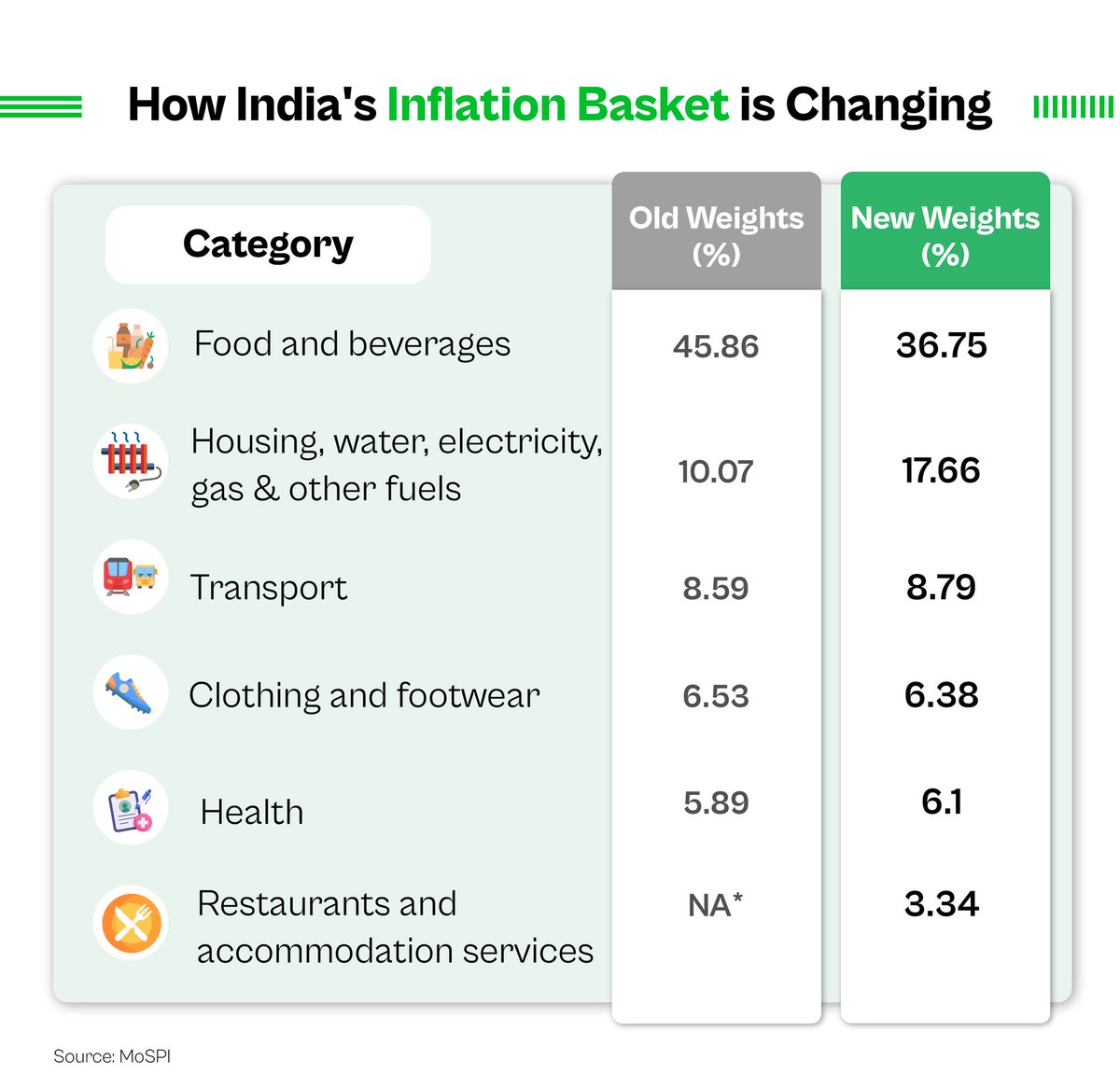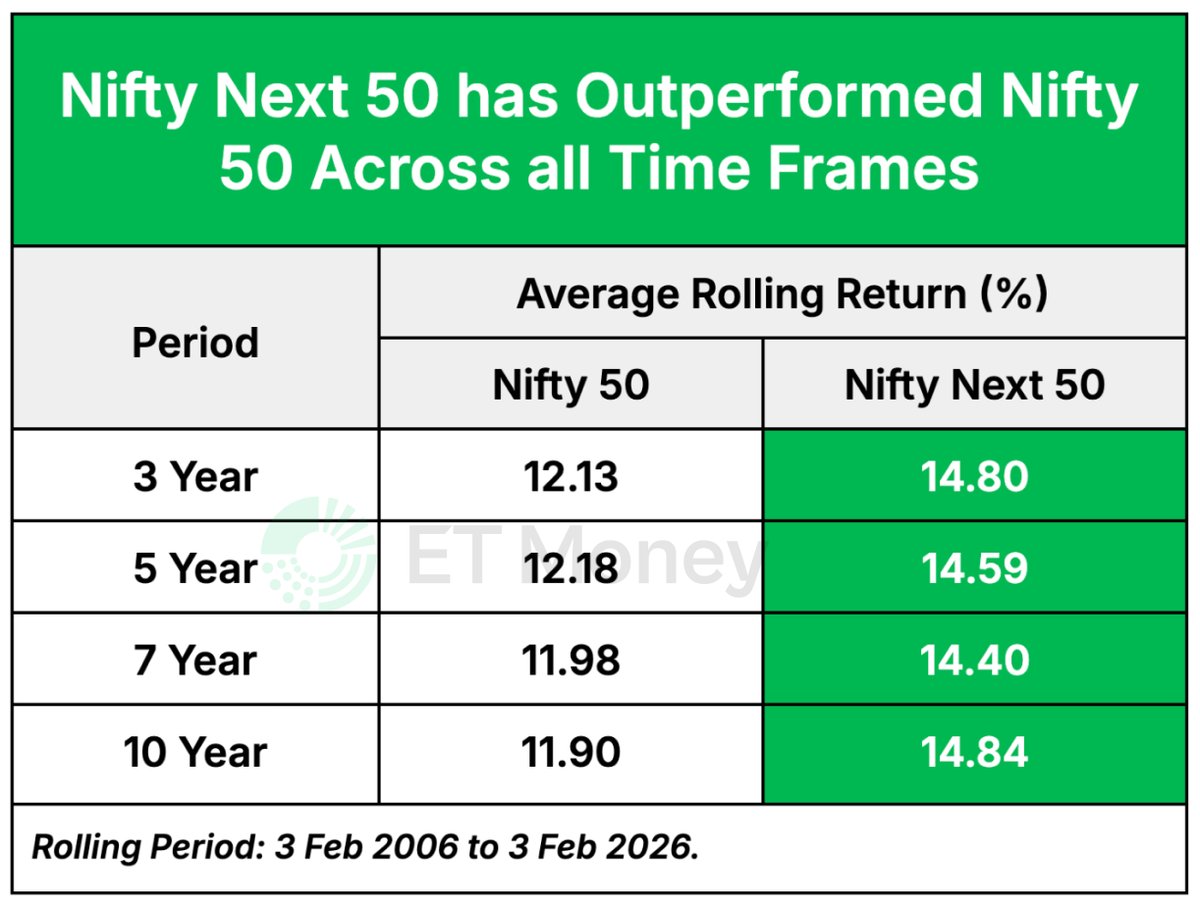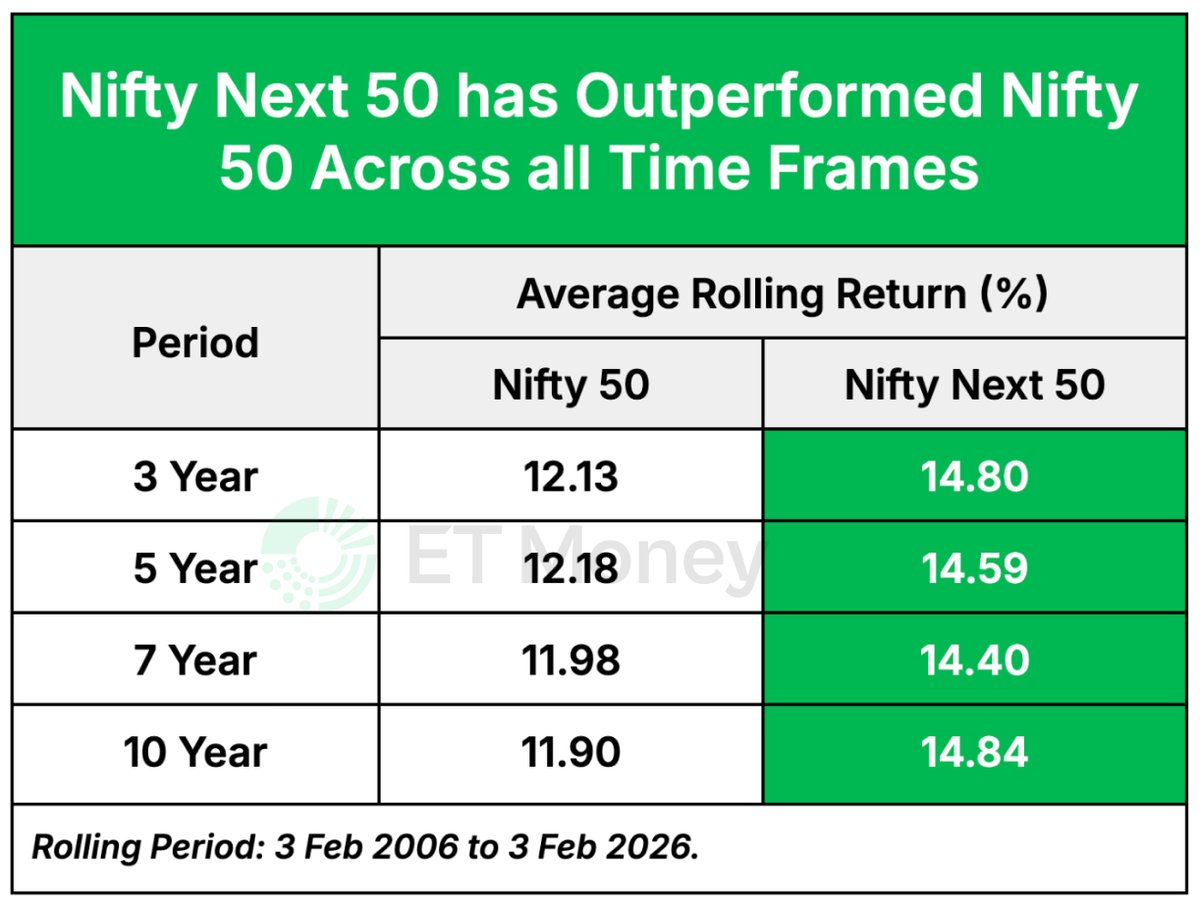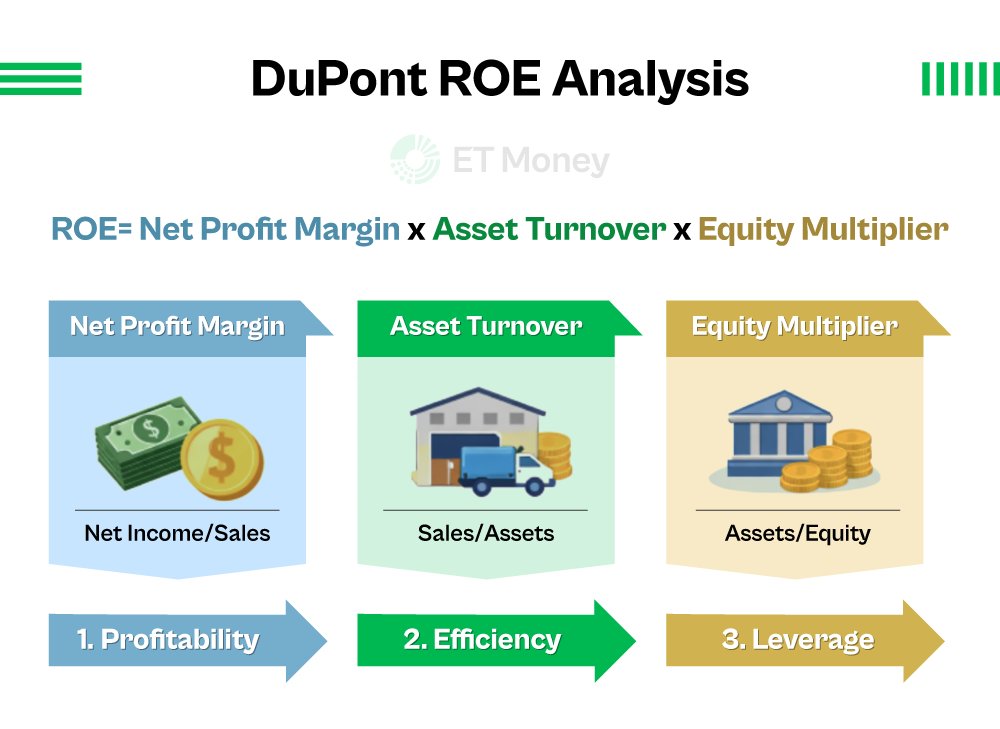#TermInsurance is perhaps the easiest way to protect your family's financial future in your absence. However, while buying a term life insurance or if you have one already, there are a few things that you need to be mindful of. Let's have a look at them
1. Not buying enough coverage to replace income
Never pick a random number no matter how big it sounds. Instead, do your math correctly to find out the coverage you'll need. Things to be considered – future household expenses, your liabilities, important goals, and life events
Never pick a random number no matter how big it sounds. Instead, do your math correctly to find out the coverage you'll need. Things to be considered – future household expenses, your liabilities, important goals, and life events
2. Waiting too long to get a #terminsurance cover
Waiting for too long not only keeps your family unprotected during that time but also costs you more. Yes, with each passing year, the premium you pay for term insurance increases. So the earlier you get the better it is
Waiting for too long not only keeps your family unprotected during that time but also costs you more. Yes, with each passing year, the premium you pay for term insurance increases. So the earlier you get the better it is
3. Getting term insurance for too short/long period
If you buy term insurance for too short or a too long period it completely loses its purpose. You should get protection until an age you are sure you'll get free from most of your responsibilities
If you buy term insurance for too short or a too long period it completely loses its purpose. You should get protection until an age you are sure you'll get free from most of your responsibilities
4. Not reviewing your insurance cover
The cover that is sufficient for you today might not be adequate for your future needs. Hence, it is necessary to review your #termlifeinsurance plan (reasonably every 10 years) to check whether it still matches your requirement
The cover that is sufficient for you today might not be adequate for your future needs. Hence, it is necessary to review your #termlifeinsurance plan (reasonably every 10 years) to check whether it still matches your requirement
You can read more here: etmoney.com/blog/4-term-li…
• • •
Missing some Tweet in this thread? You can try to
force a refresh

